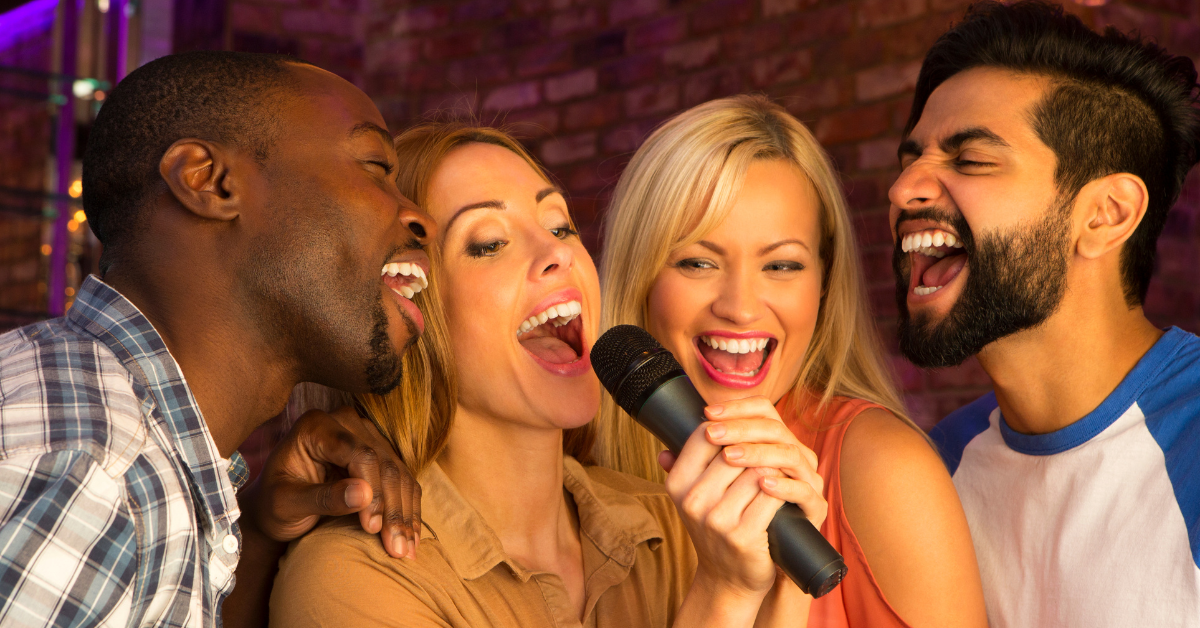
Do dating apps decide who we get to date?
Published:
Updated:
Need the full story?
Sign up for The Hustle to get the business world's wildest stories delivered daily. This one's on us.
Related Articles
-

-

Play-to-earn gets back in the game
-
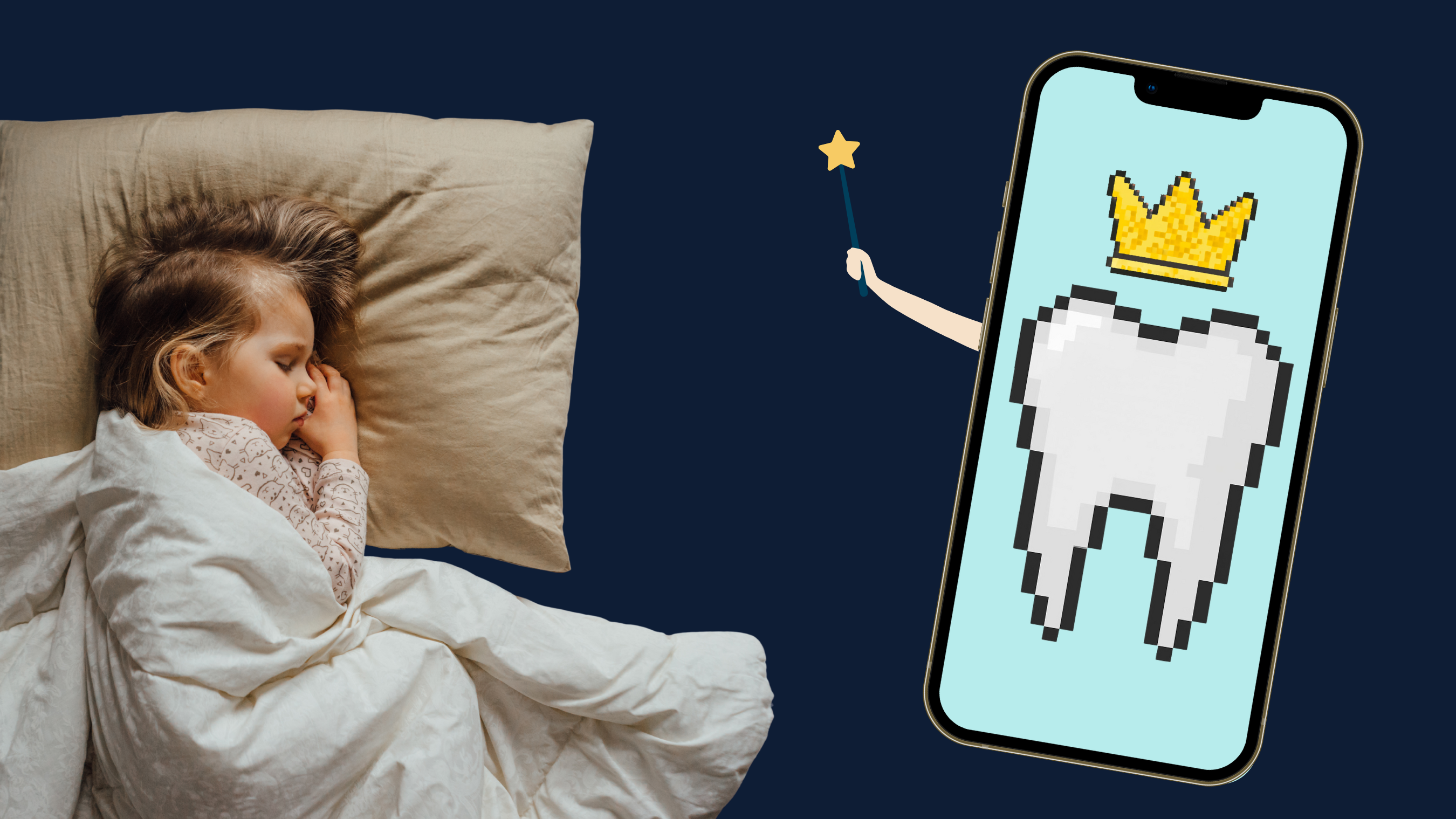
The tooth fairy gets a digital upgrade
-

Duck! This company brings dodgeball digital
-
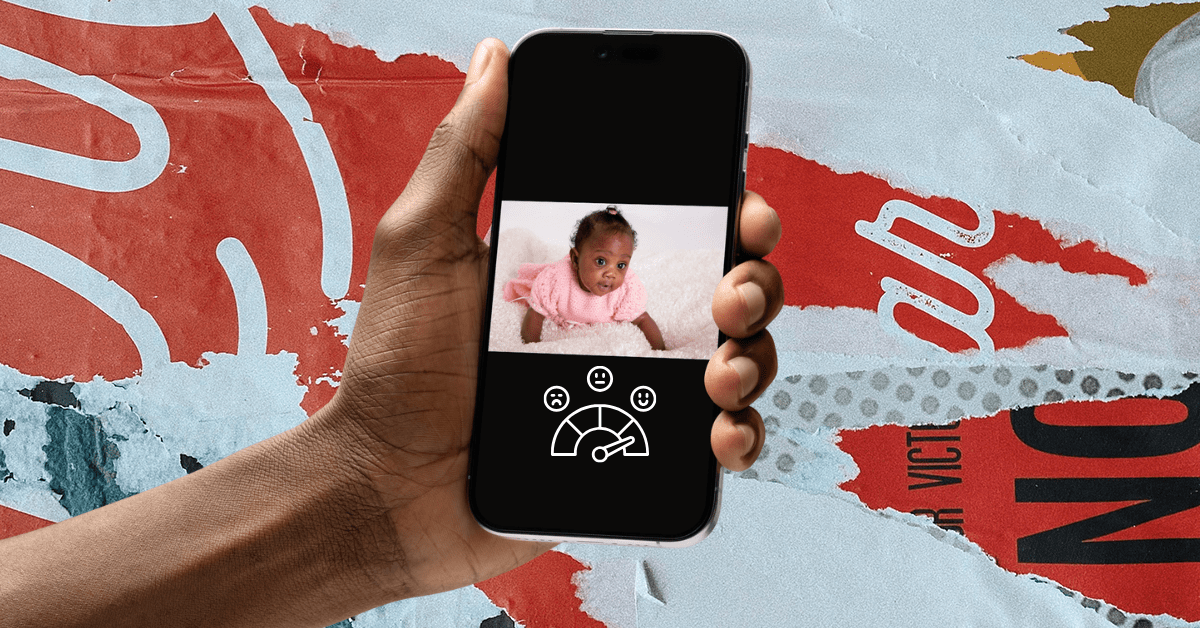
Parental anxiety — there’s an app for that
-

Kids are ditching piggy banks for financial apps
-

Catch-a-cheater apps vs. anti-facial recognition tech
-

Citizen naturalists are aiding scientific research
-
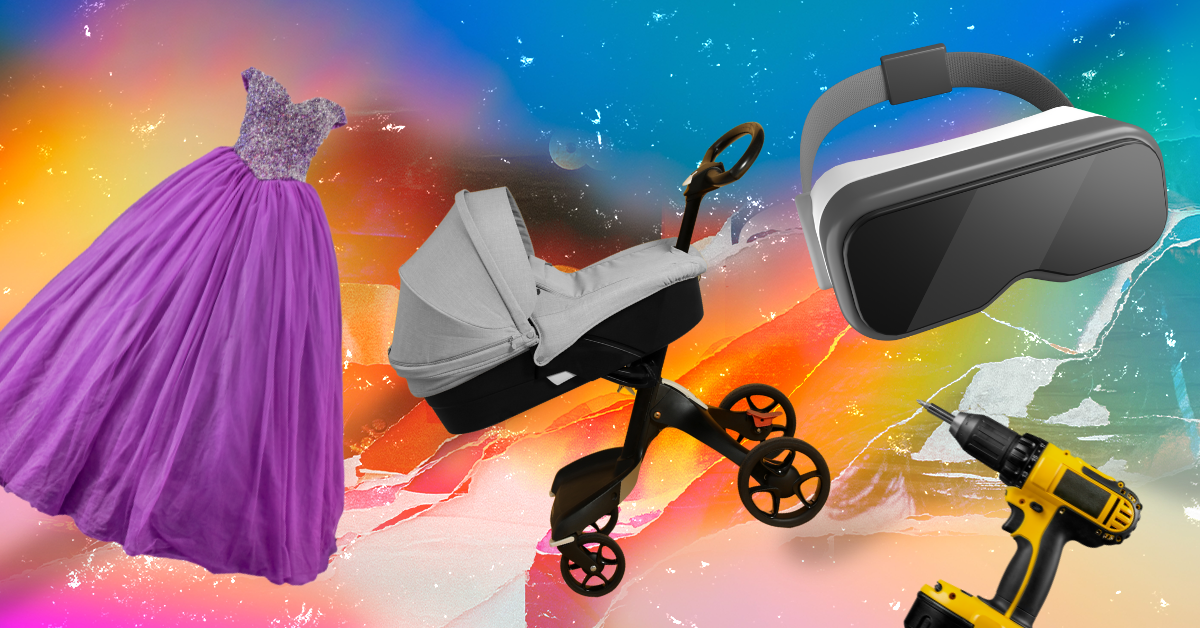
Care to rent some pants?
-
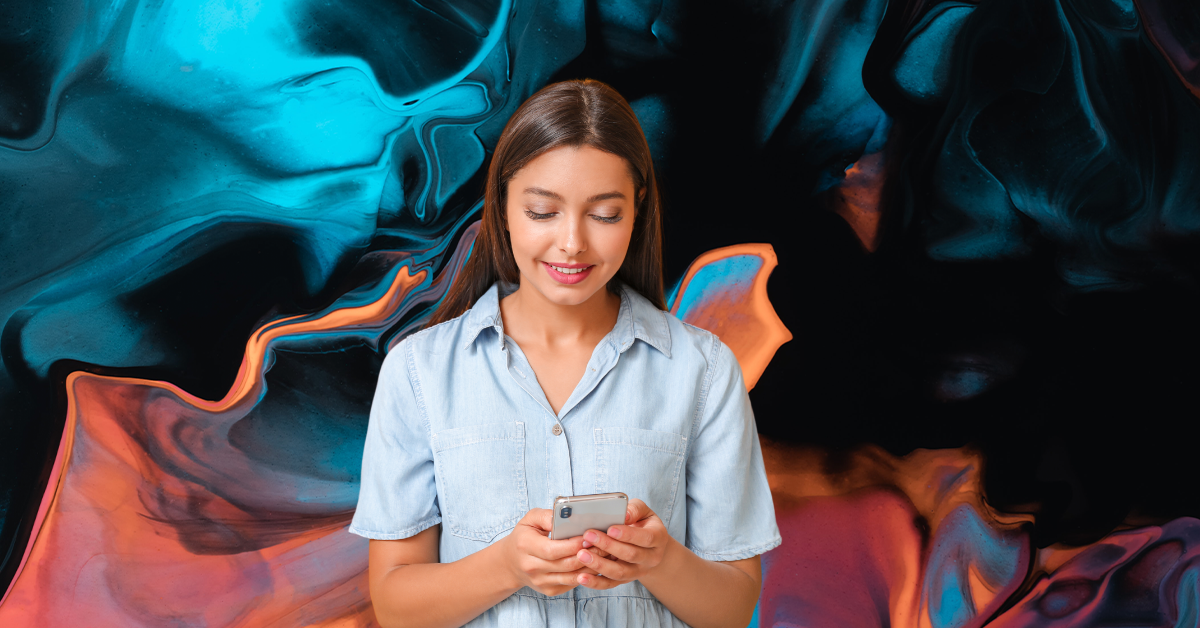
How mobile apps can attract repeat subscribers

